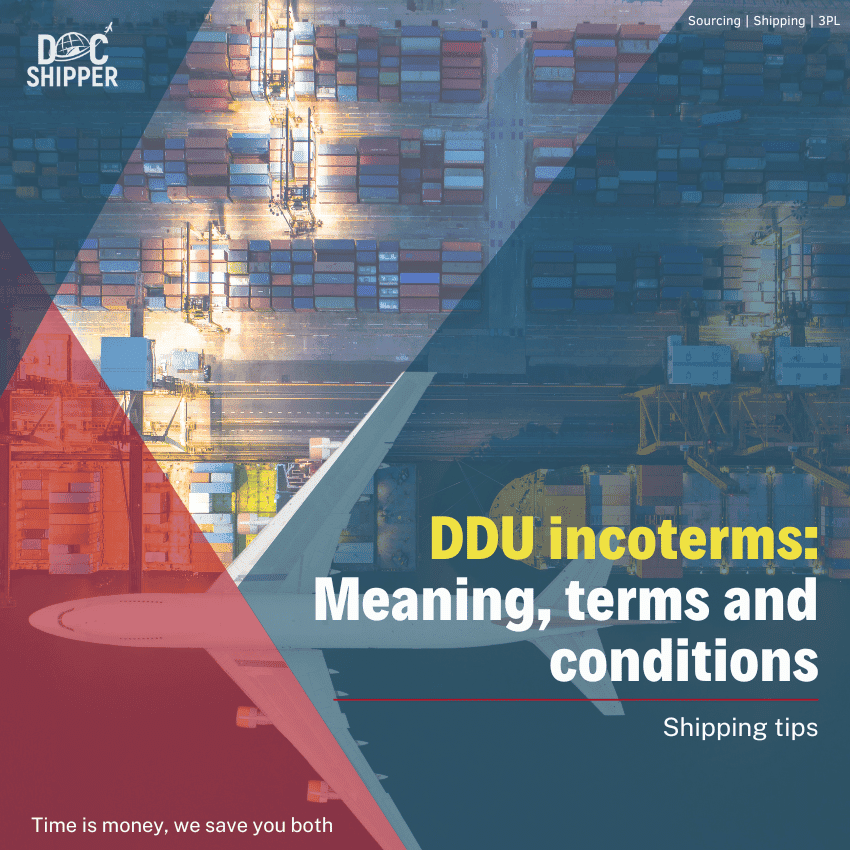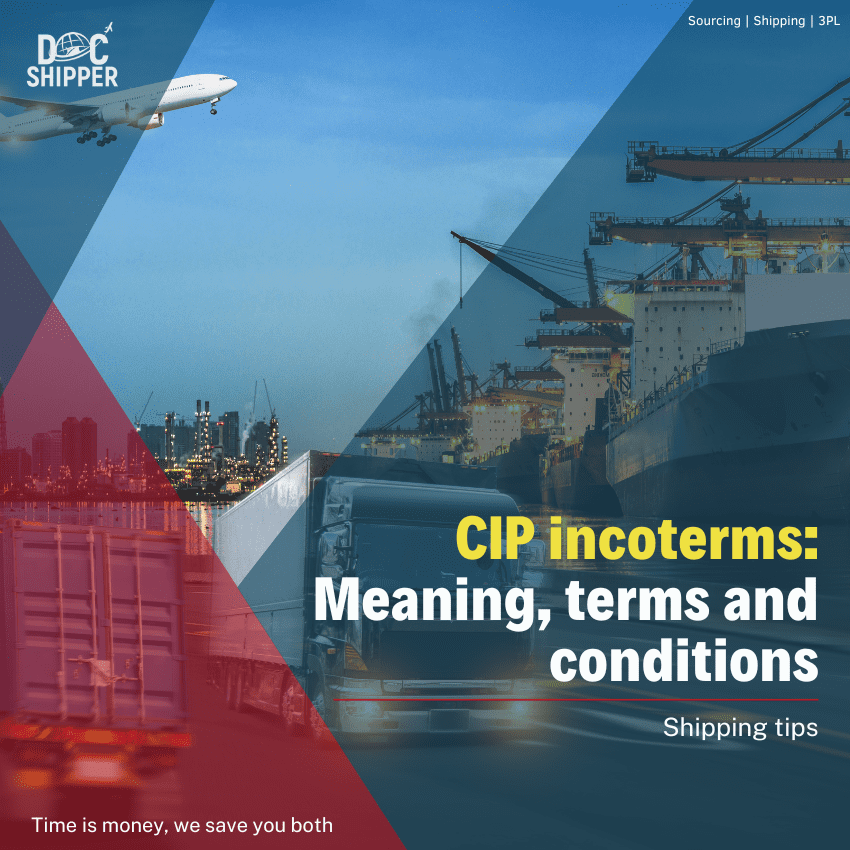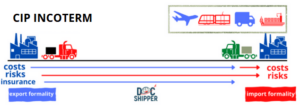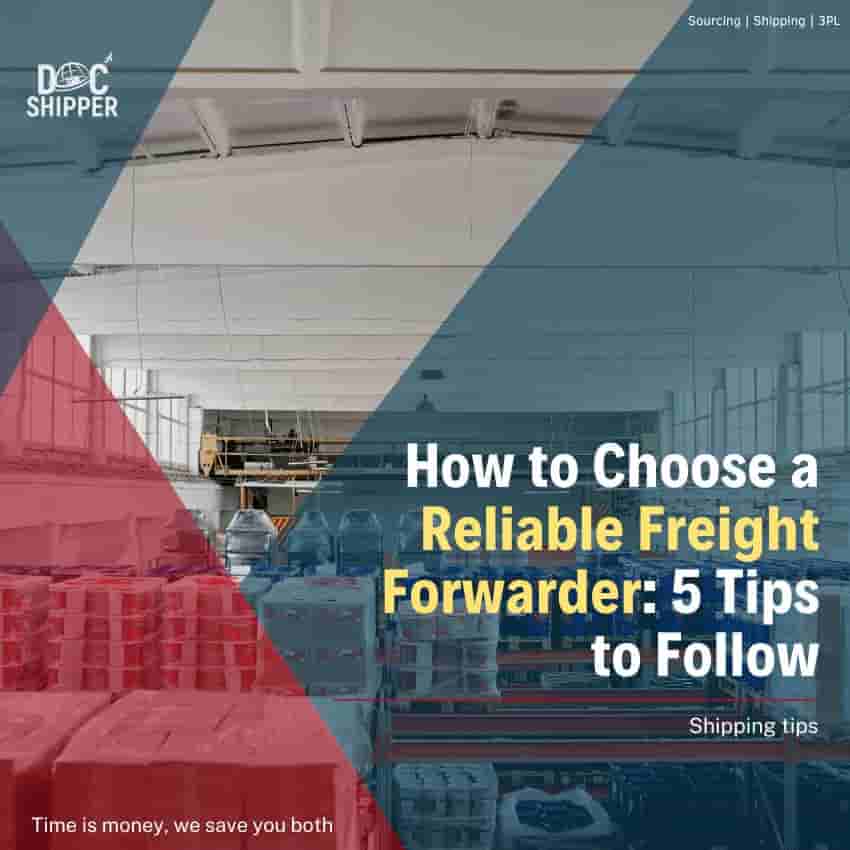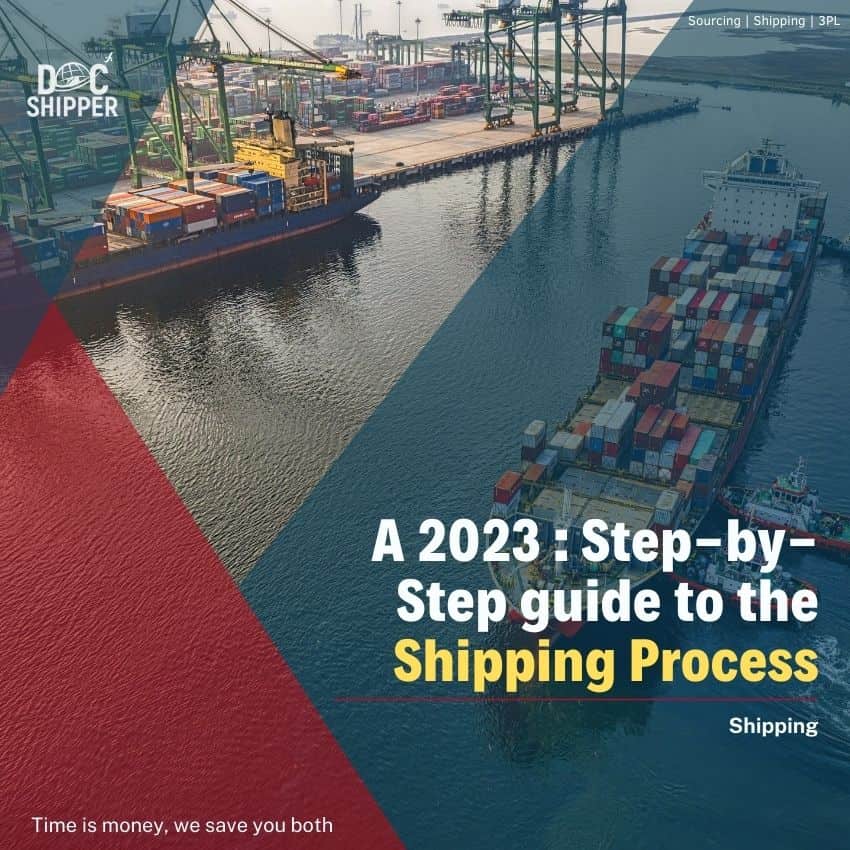International commercial terms, or incoterms represent a series of laws and regulations related to import and export activities.
DDU (Delivered Duty Unpaid) are old incoterms as they were replaced by the DAP incoterm in 2010. Despite being outdated, DDU remains a notable element in the world of international trade. Many businesses continue to use DDU incoterms to this day, and they do it for several reasons.
What exactly are DDU incoterms, what do they entail, and when do you use them? Let’s find out!
What does DDU mean?
Incoterms are published by the International Chamber of Commerce (ICC), which revises and updates them every ten years. In 2010, four incoterms were removed from the list: DAF (Delivered At Frontier), DES (Delivered Ex Ship), DEQ (Delivered Ex Quay), and DDU (Delivered Duty Unpaid). All of them were replaced by DAP (Delivered At Place) incoterm.
Although DDU incoterms are not official anymore since the ICC revised the incoterms in 2010, some businesses are still using them.
DDU stands for Delivered Duty Unpaid, and this incoterm specifies that the seller is responsible for managing the goods from the origin point to the delivery at a designated place in the destination country. He also pays for all transportation charges and assumes all the risks during transport. On the other hand, the buyer has to unload the goods and pay for import charges.
Like DAP incoterm, DDU is used for its simplicity and convenience, especially for the buyer who has few responsibilities. The seller is the one handling most of the shipping process, which offers cost transparency to the buyer who can budget effectively.
SIAM Shipping Alert : SIAM Shipping offers expertise in production outsourcing from Thailand and beyond. Our experienced team handles it all - from sourcing to shipping - so you can focus on growing your business. Don't hesitate to contact us via Whatsapp, or request a free shipping quote.
What are the buyers and the sellers responsibilities with DDU?
Let’s take a closer look at the responsibilities of both parties.
Seller’s obligations under DDU:
- Complete the packaging and labeling of items;
- Load goods onto a local carrier (truck, van, etc.) and pay the fees associated with this process;
- Transport and deliver goods to the shipping terminal;
- Handle the export clearance, which includes export duties, taxes, and customs clearance;
- Remove goods from the local carrier and load them onto the cargo transport, then pay the Origin Terminal Handling Charges (OTHC);
- Pay freight charges related to the import activity;
- Transfer the items to local transportation once they arrive at the destination port/airport and pay the Destination Terminal Handling Charges (DTHC);
- Deliver the goods to the final destination.
Buyer’s obligations under DDU:
- Unload the goods at the final destination;
- Handle the import clearance, which includes import duties, taxes, and customs clearance.
The risk of loss and damages to goods is transferred to the buyer as soon as the goods are delivered to the country of destination, alongside the ship.
SIAM Shipping info: SIAM Shipping helps with document preparation and offers a customs clearance service. To ensure the project's feasibility, we carefully review the entire bundle of documents for every shipment we handle. Contact us via WhatsApp, and receive a free quote in less than 24 hours.
When to use DDU Agreement?
Some businesses still use DDU incoterm because they are simply used to it. It could be because it was used in a long trade relationship, and since the conditions haven’t changed, neither did the incoterm. The situations in which you can use this agreement are similar to DAP incoterm ones. As a seller, you can use DDU incoterm when you want to have total control over most of the process.
To use DDU Agreement, traders should specify DDU incoterms 2000 to avoid misunderstandings between both parties.
FAQ | DDU incoterms: Meaning, terms and conditions
What is the difference between DDU and DDP?
DDU Agreement indicates that the buyer is responsible for customs fees, tariffs, and taxes incurred by the destination country, while DDP Agreement means that the seller is the one responsible for these charges.
Is freight insurance included in DDU?
Under DDU Agreement, the seller is not required to offer insurance coverage for the goods. If the buyer wants insurance, he must specify it in the contract.
When can I use DDU?
DDU incoterm can be used for any mode of transportation. It provides the seller with more control over the shipping process without the burden of having to deal with the bureaucratic procedures of the destination country.
SIAM Shipping info: Do you like our article today? For your business interest, you may like the following useful articles :
SIAM Shipping Advise : We help you with the entire sourcing process so don't hesitate to contact us if you have any questions!
- Having trouble finding the appropriate product? Enjoy our sourcing services, we directly find the right suppliers for you!
- You don't trust your supplier? Ask our experts to do quality control to guarantee the condition of your goods!
- Do you need help with the logistics? Our international freight department supports you with door to door services!
SIAM Shipping | Procurement - Quality control - Logistics
Alibaba, Dhgate, made-in-china... Many know of websites to get supplies in Asia, but how many have come across a scam ?! It is very risky to pay an Asian supplier halfway around the world based only on promises! DocShipper offers you complete procurement services integrating logistics needs: purchasing, quality control, customization, licensing, transport...
Communication is important, which is why we strive to discuss in the most suitable way for you!

